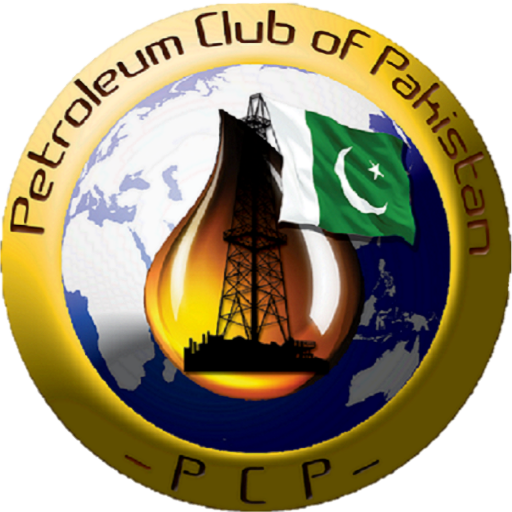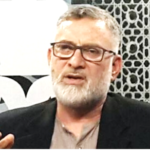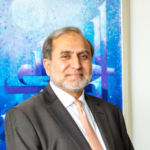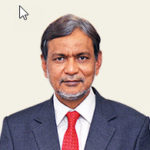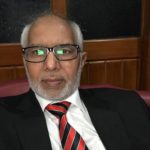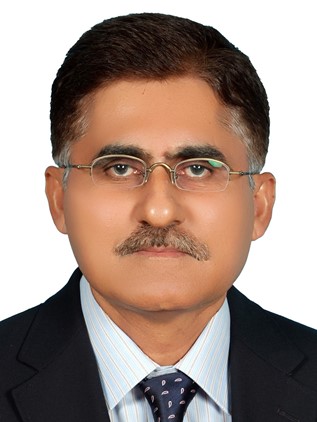
Dr. Mohammad Shahid Rahim
Freelance consultant, specializing in sustainable energy and power system
planning and development
Our government is all set to increase electricity rates once again, this time by a hefty Rs. 4.96 per unit to meet an IMF conditionality. Consumers will have to swallow this bitter pill to save the country from an impending financial default. However, it’s also evident that our government does not have any new solution in hand to deal with the power sector issues other than taking the path of least resistance—further squeezing helpless consumers who are already drowning under the heavy burden of an endless streak of electricity rate hikes.
Frequent electricity rate hikes are problematic for multiple reasons. The most critical is its “affordability” for common citizens. When these rates rise beyond a few percent of the household income, they start to have a punishing effect on the lives of families as they are compelled to cut corners on their other basic needs like food, health, and education. Such hikes also affect the competitiveness of industrial, agricultural, and commercial consumers leading to their losing market share and even driving some of them out of business.
Such heartless rate hikes, along with hikes in the prices of other commodities, also feed to numerous social evils. The most recent scam of loan Apps which culminated into suicide by a poor jobless borrower is one such example. The sad incident off the Greek coast in which over 350 people from Pakistan alone lost their lives in their effort to migrate to rich European countries is another example. Reports of a whopping 2.75 million Pakistani youth’s migration in the past five years seeking better career and living abroad is also telling.
By securing the latest IMF package, our government may have dodged the bullet for a few months, but we must not ignore that power sector has become a hub of mismanagement, in-efficiency, and corruption. This sector’s problems are well-known, chronic, and fully documented. Even a layman could tell that this sector faces three critical issues: (i) pervasive
inefficiency; (ii) inability to fully recover bills; and (iii) a spiraling up circular debt. These problems, according to NEPRA’s State of Industry Report 2022 (SIR2022), are causing an annual loss that exceeded Rs. 480 billion last year.
The above issues and their gravity obviously were not hidden from our political leaders who have been in and out of power in the past three decades. With only a year-and-a-half on its disposal when it came to power, we expected that the new government would take some critical actions to plug the bleeding in this sector. Sadly, it indulged in ad hoc, quick-fix, and half- cooked measures only which were devoid of any strategic vision or proper planning.
Our power sector needs a systemic overhaul, not cosmetic face-lifts. Time unfortunately is not on our side as the nine months tenure of the IMF package will pass in a flash. The government must spring into action right away to fix the most critical issues it can in the next nine months
and leave the rest for the future government.
A rational approach for the government in the short run will be to strive to remove the glaring inefficiencies as noted in the NEPRA’s SIR2022, recapture the consumption base lost in the past few years, and expand it further. We leave the supply side issues for another time and offer a few suggestions on the demand side that the government can pursue in the next few months. The electricity demand in various consumer categories is on the decline in recent years. Its true cause can only be determined through proper research but apparently the consumers may be either tightening their belts under exorbitant rates or switching to other sources like rooftop solar to reduce or eliminate their dependence on the power grid.
Many consumers may not have deserted the grid or reduced their consumption for higher monthly bills alone. Excessive interruptions and poor service quality might have compelled them for it. The alternatives to grid supply may still be inefficient and more expensive. We can win many of them back by addressing their grievances and providing them some incentives.
The grid-supply will have to be kept attractive in terms of its reliability, quality, and price to keep the existing consumers tied with the grid. The government must resist frequent rate hikes as they further narrow the shrinking gap between the cost of grid supply and its alternatives,
pushing consumers even closer to alternative schemes.
A recent World Bank report states that 25% of our population still lacks access to electricity. NEPRA’s SIR2022 puts the total pending applications for electricity connections in the country at 176,829 with a cumulative demand of 1,215 MW. The unserved demand in the NTDC system, according to its latest Power System Statistics report exceeded 6,700 MWs last year. So, the demand exists in the country and it’s for the government to bring it in the system.
Our grid planners and managers will need to understand electricity demand and its patterns within the industries, especially their use of captive power facilities and other fuels for processes that can be converted to electricity. They should start a proper campaign to win back the lost consumption and seek new demand that can be served from the grid. The government should be ready to offer incentives if their long-term benefits exceed their short-term costs.
The government will also need some introspection to ensure that its own policies are consistent. For a grid which is often accused of excess generation capacity (due to stagnant demand), any chunk of the existing demand taken away by PV systems through Fast-track Solarization and Net-Metering, irrespective of where they connect with the grid, will exacerbate the present mess. Prudence demands that the government should blend the PV generation with the future supply portfolio, not the present one.
The government may continue the Net-Metering scheme but should reconsider its terms and conditions to ensure that the revenue loss suffered by the grid due to the reduced consumption is not shifted on the remaining consumers. It should consider imposing a reasonable “Grid Exit Fee” on those desiring to desert the grid or wish to avail this scheme.
The electricity demand in Pakistan has become more “peakish” lately. Our government should improve its present time-of-day pricing scheme to attract more consumers into its folds by further incentivizing them. Decision to expand the peak period by one hour on each side of the previously designated period may earn the Discos some additional revenue but would discourage consumers. It should be reviewed and, if possible, recalled.
The above remedies will provide only some relief but will buy our government some time to rethink its approach to managing the power sector. This sector requires complete recasting—its system, its regulation, its institutions, its business model, and its investment and pricing frameworks—and not band-aids. This can only be accomplished over a longer period, 3 to 5 years and beyond. Difficult and painful it will be but is unavoidable and should not be delayed.
